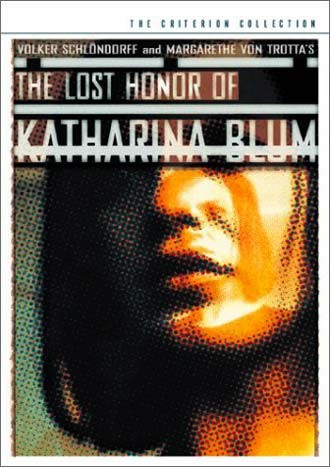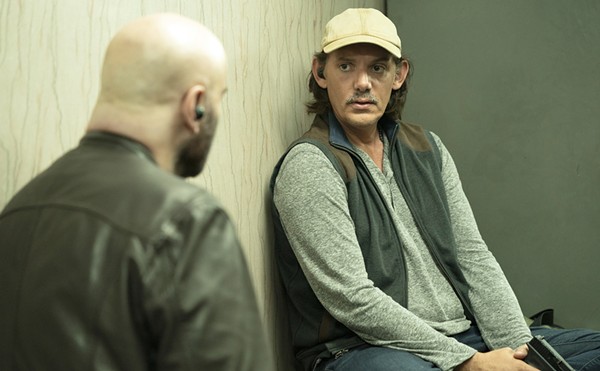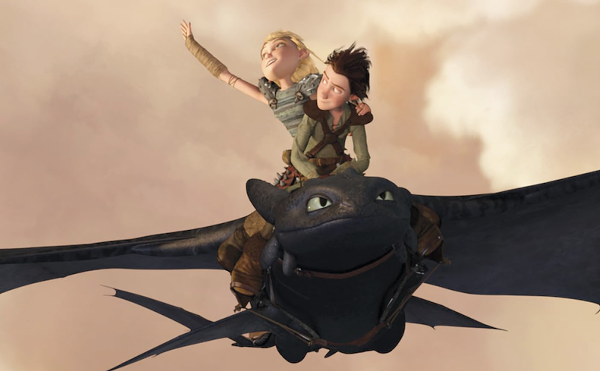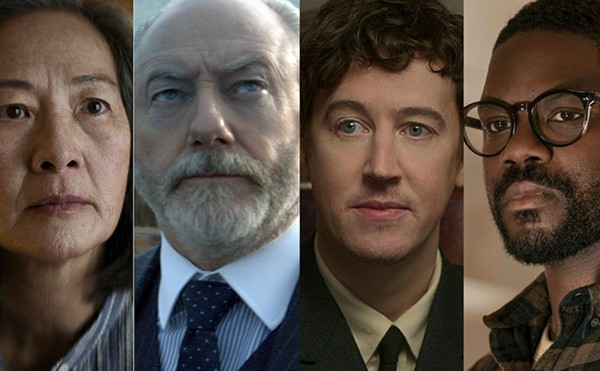More than any other director active today, except perhaps James Ivory, Volker Schlöndorff has based his career on translating literature into celluloid. He is best known for The Tin Drum, the 1980 adaptation of a Gunter Grass novel that established his reputation by winning an Oscar. But Schlöndorff also adapted Margaret Atwood (The Handmaid's Tale), Marcel Proust (Swann in Love), Ernest Gaines, Max Frisch, and Robert Musil. He spoke by phone from his home in Babelsberg, Germany, prior to visiting Texas. He will screen and discuss The Ogre, his 1996 adaptation of a Michel Tournier novel, at UT Austin at 5 p.m. on Tuesday, April 15. On
Wednesday, April 16, he will be at UT San Antonio, screening The Lost Honor of Katharina Blum, his 1975 adaptation
Born in Wiesbaden, in 1939, Schlöndorff was educated in Paris. Because he moves fluidly and fluently among German, French, and English, it was natural to ask whether the decision about which of these three languages to use affected the style of each film.
"They say you are a different personality according to the language you speak. Michael Cimino once asked me: 'How come when you speak German you speak twice as loud?'"
Schlöndorff did not claim his German films are twice as loud as those in French or English, but he contended: "You are a different persona. It is the Zelig phenomenon. Globalization is now pressuring us to make all films in English, and it is an enormous impoverishment."
It made sense to do Proust in French, Miller in English, Grass in German. However, financiers insisted that an American star in The Ogre. "It was fabulous to work with John Malkovich, but the language was wrong."
If he has his way, Schlöndorff's current project - a docudrama of the 10 days preceding World War II - will be
| For those unable to attend the April 16 screening of The Lost Honor of Katharina Blum, the Criterion Collection recently issued a deluxe DVD edition of the film (left), something of a rarity in Schlöndorff's filmography. The filmmaker is interviewed with his partner, Margarethe Von Trotta, the film's cinematographer gets his own featurette, and the disc includes excerpts from Heinrich Böll, a 1977 documentary about the novel's author. |
Were there any books he still longed to adapt? "Crime and Punishment."
What is the current state of European cinema? "People are working in television because that's where the money is. Filmmaking is losing its creativity. Europeans all speak English but no longer learn one another's language. Tribalism and fundamentalism are taking over. I would even prefer globalization." •

















